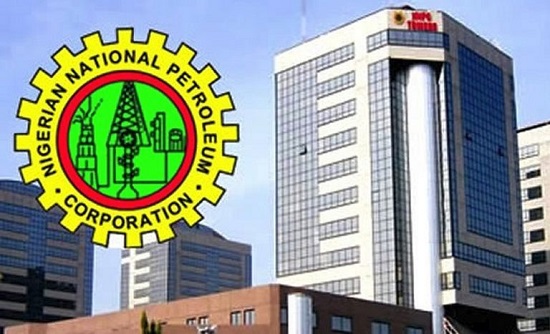This post has already been read 2476 times!
The Federal Government-owned refineries lost N96.34bn in the first nine months of this year, compared to a loss of N95.09bn recorded in the whole of 2017.
The refineries, which are located in Port Harcourt, Kaduna and Warri, have a combined installed capacity of 445,000 barrels per day, but have continued to operate far below the installed capacity for many years.
A total of N13.58bn was lost in January; N8.05bn in February; N11.88bn in March; N20.08bn in May; N14.51bn in June; N10.45bn in July; N10.79bn in August, and N6.97bn in September, according to latest data from the Nigerian National Petroleum Corporation.
The refineries made a profit of N928.81m in April for the first time in 10 months.
The three refineries, for the first time since the beginning of this year, were unable to process a barrel of crude oil in September.
It was also observed that the consolidated plant consumption of crude oil for the refineries crashed from the 12.22 per cent recorded in August to zero per cent in September this year.
Their consolidated capacity utilisation dropped from 10.89 per cent recorded in January to zero per cent in September.
It was observed that Warri refinery was idle in January and September, but processed crude oil in seven other months.
Port Harcourt refinery recorded dormancy with respect to capacity utilisation in March, July, August and September, but processed crude in the other months.
Our correspondent also gathered that Kaduna only processed crude oil at 4.7 per cent capacity utilisation in January this year before it became idle from February to September.
In its September 2018 report on refinery operations and capacity utilisation, the NNPC said, “In September 2018 there was no crude processed by the three domestic refineries as against the 56,804 metric tonnes processed in the preceding month. This translates to nil combined yield efficiency as against the 80.74 per cent in August 2018.”
“Only Warri and Kaduna refineries produced 1,279MT of finished petroleum products and 16,452MT of intermediate products out of the 1,279MT of crude processed at zero combined capacity utilisation, compared to 3.02 per cent combined capacity utilisation achieved in August.
“The lower operational performance recorded is attributable to the ongoing revamping of the refineries which is expected to further enhance capacity utilisation once completed,” the corporation said.
The oil firm said it had been adopting a merchant plant refineries business model since January 2017.
It said the model took cognisance of the products worth and crude costs, adding that the combined value of output by the three refineries (at import parity price) in September amounted to N1.44bn.
It added that the associated crude plus freight costs and operational expenses were nil and N8.41bn respectively.
This, according to the NNPC, resulted in a deficit of N6.97bn by the refineries.
Despite being a key oil producer and exporter, Nigeria relies heavily on the international market to meet its fuel needs.
The NNPC said it continued to ensure an increased supply of Premium Motor Spirit (petrol) and effective distribution across the country.
“In September 2018, a total of 1.66 billion litres of PMS translating to 55.50 million litres per day were supplied by the NNPC. The corporation has continued to diligently monitor the daily stock of Premium Motor Spirit to achieve a seamless distribution of petroleum products and zero fuel queue across the nation,” it added.
[Punch]



